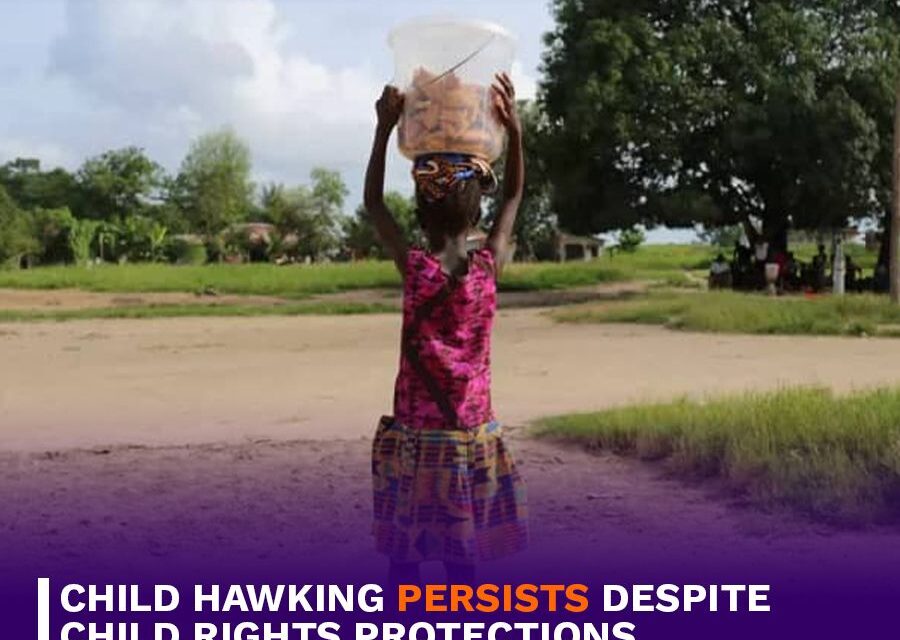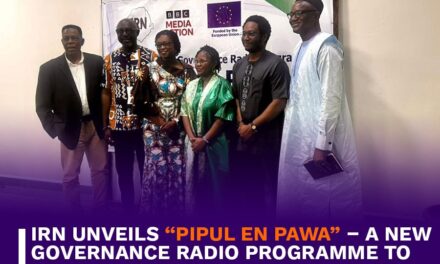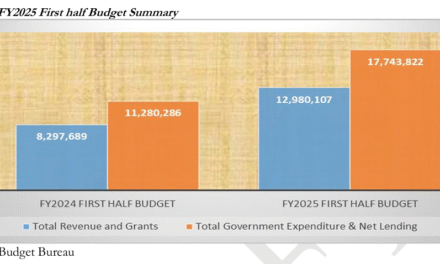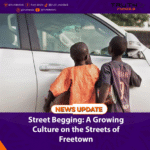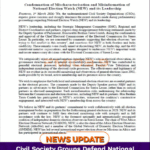By Kelfala Kargbo
Freetown, September 22nd 2025- As schools reopen across Sierra Leone, thousands of pupils return to bustling classrooms. The streets, once crowded with young hawkers, now fall quiet. But not entirely. While many children head to school, others still roam the roads—balancing trays and heavy bowls atop their heads, chasing sales from street to street.
These children walk long distances, often in worn-out clothes and aching limbs, to help their families survive. For many households, their daily bread depends on the sweat of these young vendors. They are not just children—they are breadwinners, carrying the weight of survival on their small shoulders. Their silent struggle is a cry for protection, dignity, and liberation.
The Child Rights Act of 2007 was enacted to safeguard children from abuse and neglect. Yet, while the law outlines protections, it does not explicitly prohibit child hawking. It only intervenes when the work threatens a child’s health, education, or safety. The Act sets the minimum employment age at 15, allowing children as young as 13 to engage in “light work”—defined as non-hazardous and non-disruptive to schooling.
Still, the numbers tell a troubling story. A 2023 U.S. Department of Labor study found that 35.1% of Sierra Leonean children aged 5 to 14 work instead of attending school. Meanwhile, UNICEF’s 2023 report on Children and Adolescents in Sierra Leone puts national school enrollment at just 50%.
Child rights advocates continue to push for stronger legal safeguards. One such group is the Children’s Forum Network Sierra Leone (CFNSL), which has been vocal in its campaign against child labour.
“CFNSL has been engaging policymakers and parliamentarians to pass laws that protect children’s rights,” said Philipa Cride-Dole, President of CFNSL. She acknowledged that while laws exist, enforcement remains weak. “It’s not just the government—we must also hold parents accountable. CFN, as the umbrella body under the Ministry of Gender and Children’s Affairs, is using various strategies to address child labour and ensure parents take responsibility.”
Poverty remains the root cause. A 2024 UNDP report shows that 59.2% of Sierra Leone’s population is multidimensionally poor. Many families rely on child hawking to make ends meet.
Cride-Dole confirmed that poverty is the leading driver of child labour in Sierra Leone. Globally, nearly 138 million children were subjected to child labour in 2024, according to estimates by the International Labour Organisation (ILO) and UNICEF.
Gilbert Houngbo, Executive Director of the ILO, urged governments and families to prioritize education. “Parents must be supported and have access to decent work so they can afford to keep their children in classrooms—not selling in markets or working on farms,” he said.
Despite existing laws, enforcement remains a challenge. Government agencies struggle to implement protections, and many parents continue to send children under 15 onto the streets. Until both systems and mindsets shift, child hawking will persist—quietly defying the very laws meant to protect the African child.
